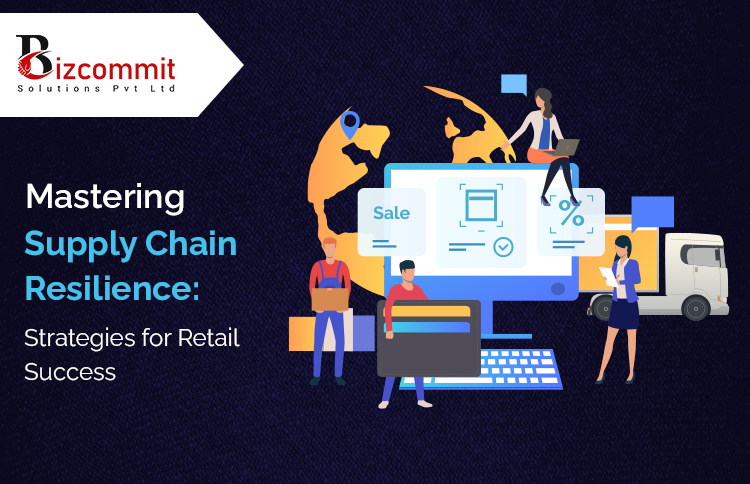
Chief Data Architect
In today’s ever-evolving retail landscape, disruptions are a constant threat. From unpredictable weather events and geopolitical instability to global pandemics and raw material shortages, retailers face a multitude of challenges that can disrupt their supply chains and negatively impact their bottom line.
Building a resilient supply chain is no longer a luxury, it’s a necessity for retail success. A resilient supply chain can weather these disruptions, ensuring continuity of operations, customer satisfaction, and long-term growth.
This blog post equips you with essential strategies to fortify your retail supply chain and navigate the inevitable bumps in the road:
Embrace Transparency and Collaboration:
Internal Collaboration: Foster seamless communication and collaboration between different departments – purchasing, logistics, sales, and marketing. Transparency across the supply chain allows for quicker identification and mitigation of potential issues.
Supplier Relationships: Develop strong, collaborative relationships with your suppliers. Open communication and information sharing allows for proactive planning and rapid adjustments in response to disruptions.
Diversification is Key:
Sourcing Strategies: Don’t rely solely on a single source for raw materials or finished goods. Diversify your supplier base across different geographical locations to mitigate the impact of regional disruptions.
Inventory Management: Implement a data-driven inventory management strategy. Utilize forecasting tools and real-time data to maintain optimal stock levels while minimizing the risk of overstocking or stockouts.
Leverage Technology:
Supply Chain Management (SCM) Systems: Invest in robust SCM software to gain real-time visibility into your entire supply chain – from raw materials to finished products on store shelves.
Data Analytics: Utilize data analytics to identify trends, predict potential disruptions, and optimize your supply chain for efficiency and cost-effectiveness.
Embrace Agility and Flexibility:
Contingency Planning: Develop comprehensive contingency plans to address various disruption scenarios. These plans should outline alternative sourcing options, production adjustments, and communication strategies.
Flexible Logistics: Consider incorporating flexible transportation options into your supply chain, such as multi-modal transportation or on-demand warehousing solutions. This can help you adapt to unexpected delays or changes in demand patterns.
Invest in Your People:
Employee Training: Train your employees on the importance of a resilient supply chain and their role in maintaining it. This includes training on risk identification, mitigation strategies, and emergency response protocols.
Culture of Continuous Improvement: Foster a culture of continuous improvement within your organization. Encourage employees to identify areas for improvement within the supply chain and actively participate in implementing solutions.
Building a Resilient Future
Building a resilient supply chain takes time, effort, and commitment. Implementing these strategies will not only safeguard your business against disruptions but also create a more efficient, agile, and customer-centric organization.
By prioritizing supply chain resilience, you can navigate the uncertainties of the future with confidence, ensuring a successful journey for your retail business.
For those looking to fortify their Project development team or seeking expert assistance in building secure applications, Bizcommits is here to help. With a team of skilled developers and a proven track record of delivering secure and scalable solutions, we can be your trusted partner in the ever-evolving realm of application Development. Ready to discuss your project? Contact us today!









 Process
Process  About Us
About Us  Careers
Careers  Management
Management